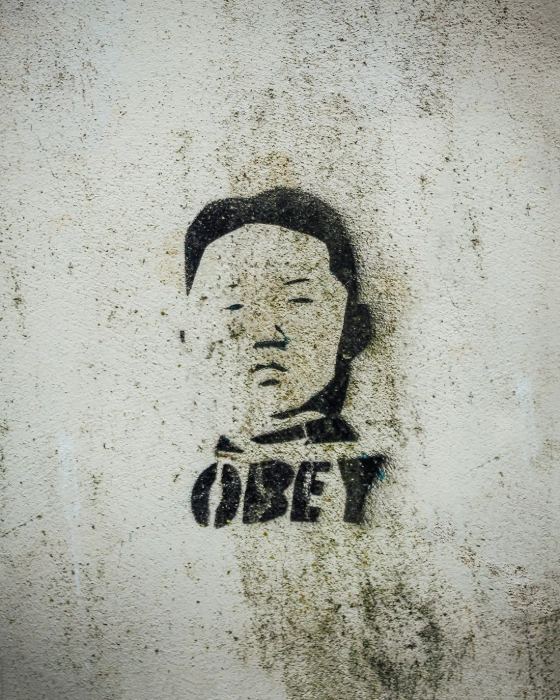King Jehoram

Jehoram, the son of King Jehoshaphat, ruled over Judah from circa 848–841 BC. His reign is primarily recorded in 2 Chronicles 21 and 2 Kings 8:16-24. Unlike his godly father, Jehoram abandoned the ways of the Lord, embracing idolatry, tyranny, and covenant unfaithfulness.
Jehoram began his rule with brutal actions, killing all his brothers to secure his throne (2 Chron. 21:4). This act of murder highlights his self-serving ambition, contrasting sharply with the biblical ideal of servant leadership (Mark 10:45). His lust for power led to a reign marked by tyranny and bloodshed.
His greatest failure was his spiritual apostasy. He married Athaliah, the daughter of Ahab and Jezebel, and led Judah into Baal worship (2 Chron. 21:6). This was the fruit of Jehoshaphat’s compromise in allying with Ahab—a clear example of how sinful associations corrupt (1 Cor. 15:33). Jehoram’s rejection of Yahweh mirrors the apostasy of northern Israel, illustrating the tragic consequences of idolatry.
Rather than leading in covenantal faithfulness, he followed the ways of the wicked, demonstrating the corrupting nature of idolatry.
Jehoram’s rebellion against God did not go unnoticed. The Lord, in His sovereign justice, raised up enemies against him. Edom revolted, successfully breaking free from Judah’s control (2 Kings 8:20-22), and the Philistines and Arabians raided Judah, plundering the royal palace and carrying away his family (2 Chron. 21:16-17).
Moreover, the prophet Elijah sent Jehoram a direct rebuke from the Lord (2 Chron. 21:12-15). This prophetic word condemned Jehoram for his unfaithfulness to God’s covenant, warning of severe consequences. True to the prophecy, Jehoram was struck with a painful, incurable disease (2 Chron. 21:18-19). His slow and agonizing death was a sign of divine judgment, underscoring the certainty of God’s justice.
Jehoram’s suffering was not merely a natural consequence of his choices but an act of divine retribution—a demonstration of God’s holiness and hatred of sin.
Unlike his ancestors, Jehoram received no honor in death. The people of Judah did not mourn him, and he was denied a burial in the tombs of the kings (2 Chron. 21:20). His legacy was one of shame and destruction. His life serves as a stark warning: turning away from the Lord leads to ruin.
Jehoram’s reign highlights the inevitability of divine judgment on wicked rulers. He stands as a cautionary figure, demonstrating that sinful compromise, idolatry, and unfaithfulness to God bring destruction. His story ultimately points to the need for a righteous King—Jesus Christ, who rules with justice and grace, unlike the corrupt kings of Judah.